Lost Temple of The Inca (2020)
ジャンル : ドキュメンタリー, 履歴, 謎
上映時間 : 0分
演出 : Jim Aikman
シノプシス
In the mountains of Peru, an environmental scientist discovers ancient artifacts submerged beneath the headwaters of the Amazon; his findings could save this sacred landscape from mining devastation.
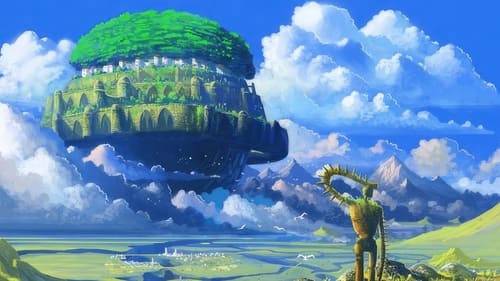
鉱山町で、見習い機械工として働く少年パズーは、ある日、空から降ってきた不思議な少女シータと出会う。2人は、シータの身に着けていた不思議な「飛行石」を狙う様々な陰謀に巻き込まれていく。
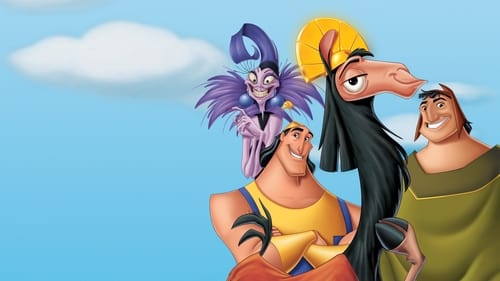
意地悪でごう慢な王様クスコは、魔女イズマの恨みをかってラマの姿に変えられてしまう。城を追われたクスコと、人のいい農夫パチャによる珍道中の物語。 とにかく楽しませてくれる逸品だ。ディズニー・アニメの中ではスケールの大きさこそないものの、ノリで勝負とばかりに、はじけたキャラたちが次々とギャグを繰り出す痛快コメディとなっている。たとえば、クスコとパチャのかけ合いや、魔女イズマと家来クロンクの悪役コンビはじつによい味を出している。特にクロンクのボケっぷりは爆笑必至だ。 本作は、わかりやすいキャラクター設定に、わかりやすいギャグが満載な気持ちのよい作品。ごう慢だった王様が何よりも大切な「友情」に気づくというテーマも作品に無理なくとけ込んでいる。作品がシンプルなだけに子ども向きかと思いきや、案外このテイストは、大人の方がハマってしまうのではないだろうか?

ロバート・ネビルは優れた科学者だが、彼でさえ、その恐ろしいウイルスを食い止めるすべを知らなかった。それは誰にも封じることができず、治すこともかなわず、しかも、人間が作り出したウイルスだった。なぜか免疫があったネビルは、荒れ果てたニューヨークで――あるいは世界で――ただ1人生き残っている。この3年間、彼は毎日几帳面に無線でメッセージを流し続け、必死にほかの生存者を捜してきた。だが、確かに彼は"1人"ではなかった。ウイルスに侵され、変異した人間たちが闇に潜み、彼を見つめていたのだ。ネビルを駆りたてているのは唯一残った使命、それは、彼自身の免疫のある血液を使ってウイルスの影響を改善する方法を見つけること。しかし、彼には圧倒的多数の敵が迫り、時間は刻々となくなっていく...。
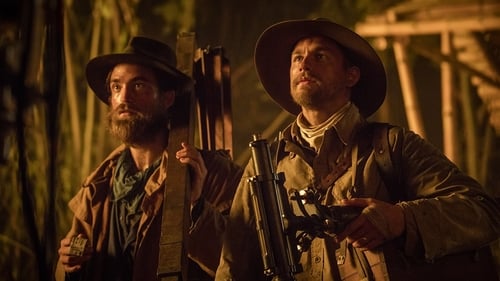
20世紀初頭、アマゾン奥地にあるという黄金の古代都市エル・ドラードの存在を信じる探検家のパーシー・フォーセットは、過酷なジャングルや現地の住民の襲撃など、何度も命を危険にさらしながらも探検を繰り返していた。やがて協力的だった仲間や家族も、彼に愛想を尽かしてしまう。それでもフォーセットはアマゾンに強いこだわりを見せ…。
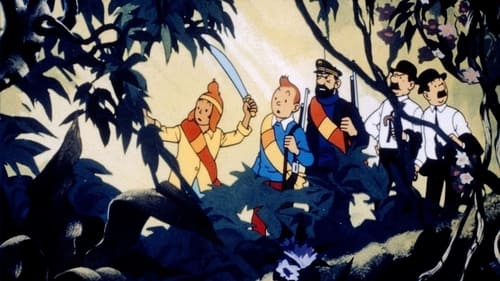
When seven archaeologists find an ancient Inca temple, they become victims of an ancient curse. Back in Europe, one by one they fall into a deep sleep and only once a day, all at the same time, they wake up for a few minutes and experience hallucinations where the sinister living mummy of Rascar Capac appears.
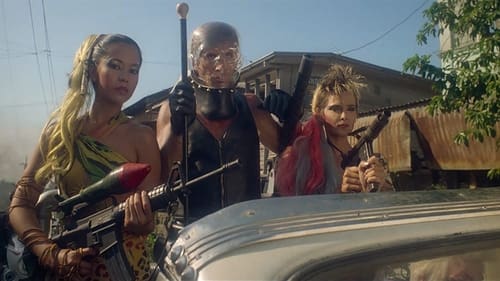
A team of scientists working to raise a sunken Russian nuclear submarine on an ocean platform off the coast of Miami, Florida, unearth an ancient Atlantean relic from the sea floor and bring in an expert to make some sense of it. But while attempting to raise the sub, radioactive leakage from its missles triggers the re-emergence of Atlantis, and the resulting tidal wave destroys the platform and leaves only a small group of survivors. Rescued by two Vietnamvets-turned-heavies who are out relaxing after their latest job, their boat eventually runs aground on a Carribean island nearby where, upon going ashore, it is discovered that everything has been destroyed and everybody killed. The culprits, a vicious group of well-armed raiders, and their leader, Crystal Skull, are descendants of Atlantis' original race who set about reclaiming the world and adding the survivors to the list of victims as they struggle to stay alive and defeat the raiders and send Atlantis back to the ocean floor.
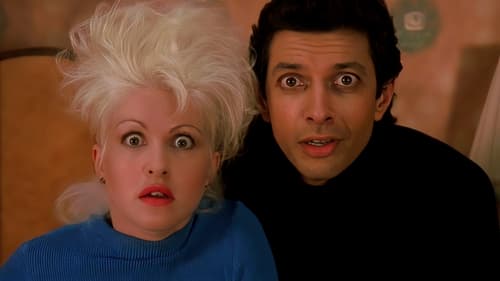
Medium Sylvia Pickel and psychometrist Nick Deezy meet at a psychic research facility in New York. Not long after, they're contacted by Harry Buscafusco, who offers them $50,000 to find his lost son in South America, in the heart of Incan territory where they discover an ancient mystical secret, and each other.

The Spanish explorer Pizarro captures the Inca god-chief Atahualpa and promises to free him upon the delivery of a hoard of gold. But Pizarro finds himself torn between his desire for conquest and his sense of honor after friendship and respect develops between captive and captor.
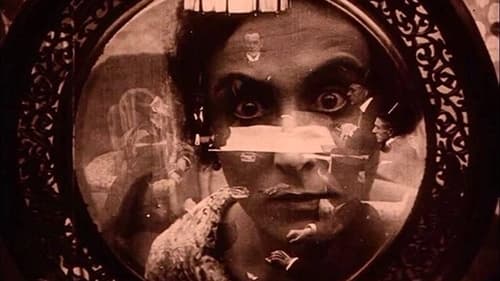
In San Francisco, well-known sportsman Kay Hoog announces to a club that he has found a message in a bottle with a map drawn by a Harvard professor who has gone missing. The map tells of a lost Incan civilization that possesses an immense treasure. Hoog immediately plans an expedition to find it. But Lio Sha, the head of a criminal organization known as the Spiders, is determined to get the treasure for herself and plans a rival expedition.
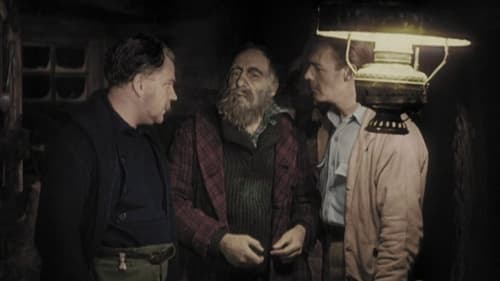
Leo Vincey, told by his dying uncle of a lost land visited 500 years ago by his ancestor, heads out with family friend Horace Holly to try to discover the land and its secret of immortality, said to be contained within a mystic fire. Picking up Tanya, a guide's daughter, in the frozen Russian arctic, they stumble upon Kor, revealed to be a hidden civilization ruled over by an immortal queen, called She, who believes Vincey is her long-lost lover John Vincey, Leo's ancestor.

In the mountains of Peru, an environmental scientist discovers ancient artifacts submerged beneath the headwaters of the Amazon; his findings could save this sacred landscape from mining devastation.

It is possible that only one per cent of the wonders of ancient Egypt have been discovered, but now, thanks to a pioneering approach to archaeology, that is about to change. Dr Sarah Parcak uses satellites to probe beneath the sands, where she has found cities, temples and pyramids. Now, with Dallas Campbell and Liz Bonnin, she heads to Egypt to discover if these magnificent buildings are really there.

Thousands of years before the Inca, a megalithic civilization was founded at Lake Titicaca which spread 500 miles to Cuzco, following a global flood that destroyed the Earth in 9000 BC. Its architects — Viracocha and his seven Shining Ones — disappeared as mysteriously as they appeared, yet the legacy of temples they left behind still baffles the modern mind. Filmed at Tiwanaku, Puma Punku, Cuzco, Quenqo, Saqsayhuaman, Amuru Machay, Quillarumiyoc, Pisac, Tombomachay, Huayna Picchu, Ollantaytambo, Machu Picchu, Cutimbo, Silustani and Amaru Meru.
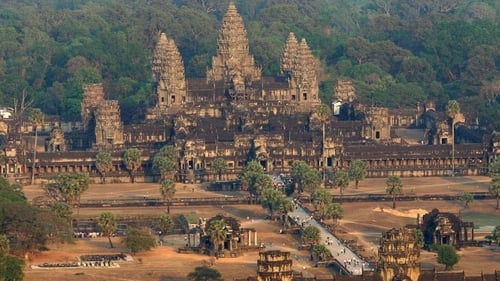

Join a team of archaeologists and the Discovery Channel in an investigation into the mysterious lines of the Nazca region in Peru. Created by the Nazcas, these huge sculptures are only visible from the sky and depict people, animal, geometric forms, and strange creatures. See a premier exhibition of pottery and textiles, musical instruments, and mummies from this long-forgotten, pre-Columbian civilization and visit Cahuachi, a buried city of pyramids and ceremonial buildings which may have once been the religious capital of the Nazca people

Deep in the Andean mountains lays a mysterious ruin named Machu Picchu. For 400 years it sat abandoned on its misty cliff, the quintessential lost city in the jungle. Rediscovered in 1911, it contained no written records or carvings, nothing that could shed light on its history. For a century since, it has defied the endless scores of visitors and scientists who attempted to understand its purpose. Who were the mysterious people who built it and why did they build it here? Today an international team of archeologists, engineers and scientists are finally piecing together the clues. Together they are discovering astonishing new burials, revealing the intricacies of its ingenious engineering and finally decoding the secrets of Machu Picchu.

Through a mix of crime-lab science, archeology, and history, this NOVA/National Geographic special presents new evidence that is changing what we know about the final days of the once-mighty Inca Empire.
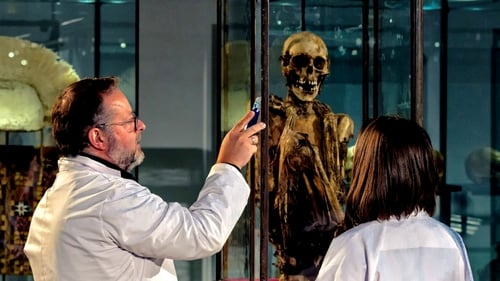
Rascar Capac, the sinister creature featured on Hergé's album The Seven Crystal Balls (1948), has left its mark on many generations of readers. To draw it, the Belgian cartoonist was probably inspired by a mummy exhibited in the first pre-Columbian exhibition organized by the Brussels Cinquantenaire Museum in 1923. Two intrepid archaeologists embark on a fascinating journey to reconstruct the story of the mysterious mummy.

The film presents compelling evidence that Altlantis wasn't so far away after all, but what it omits is just as compelling. Although Plato’s account of Atlantian masonry, consisting of red, white and black stones, was a visually perfect match for the modern walls of the Minoan excavation site favored by the film, and his account of a sea made impassable by small islands of mud could, in fact, be a description of the rafts of pumice left by the catastrophic eruption of an ancient volcano there, little mention is made of Plato's specific account of where Atlantis was or the common root that links Atlantis to the Atlantic ocean. Also omitted is Plato's chronology placing the sinking of Atlantis in the same time frame as the end of the last ice age which caused the inundation of huge expanses of once fertile lands. Is "Atlantis: The Evidence" a thinly disguised example of Eurocentrism in the media? Watch Discovery: Atlantis for a more comprehensive view on an age-old debate.



















